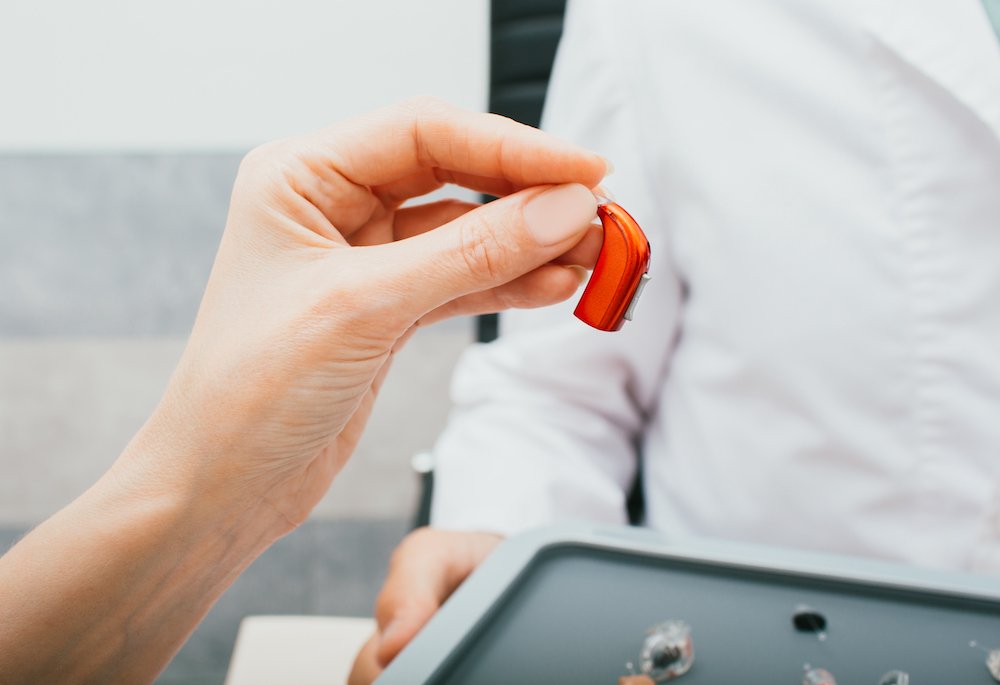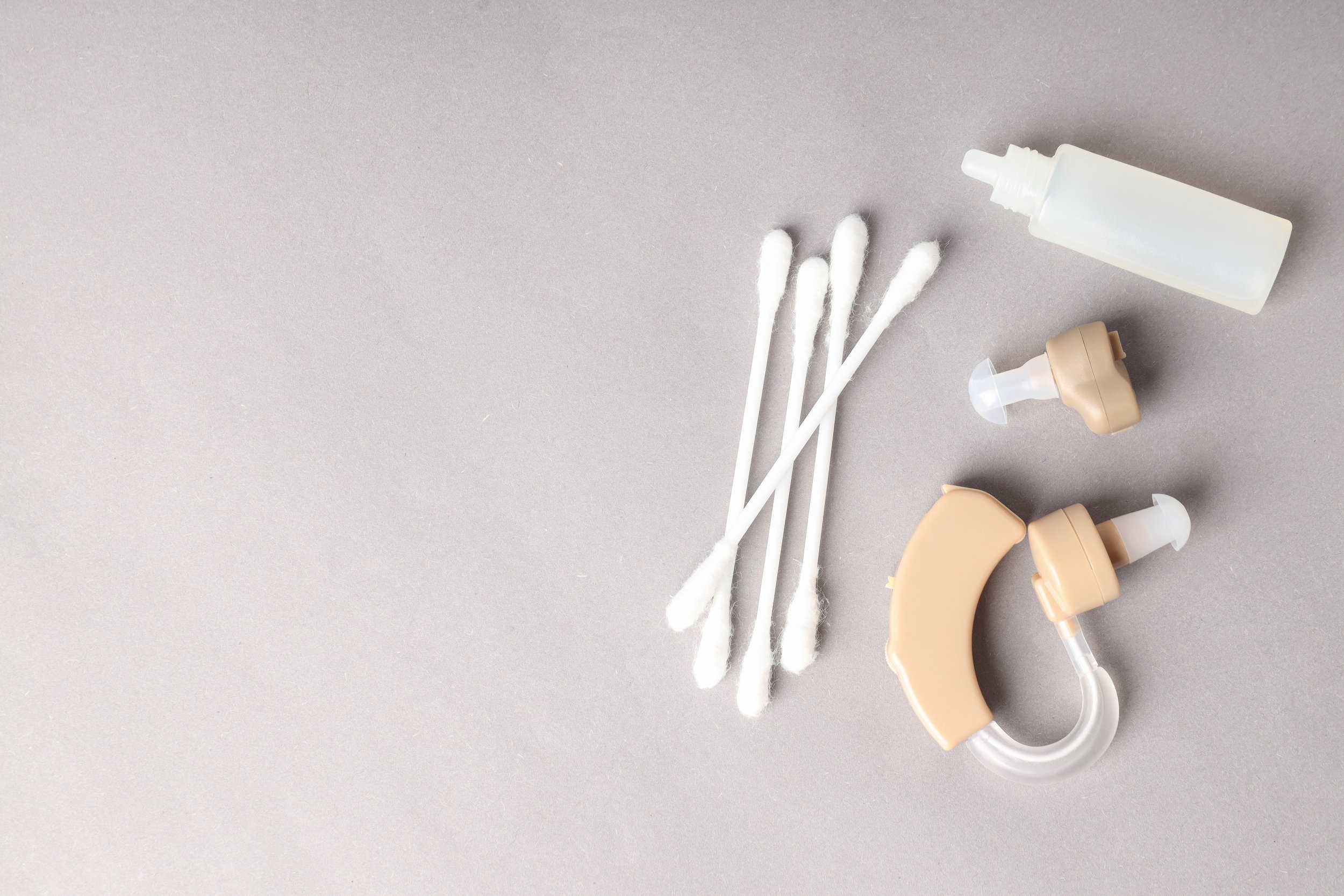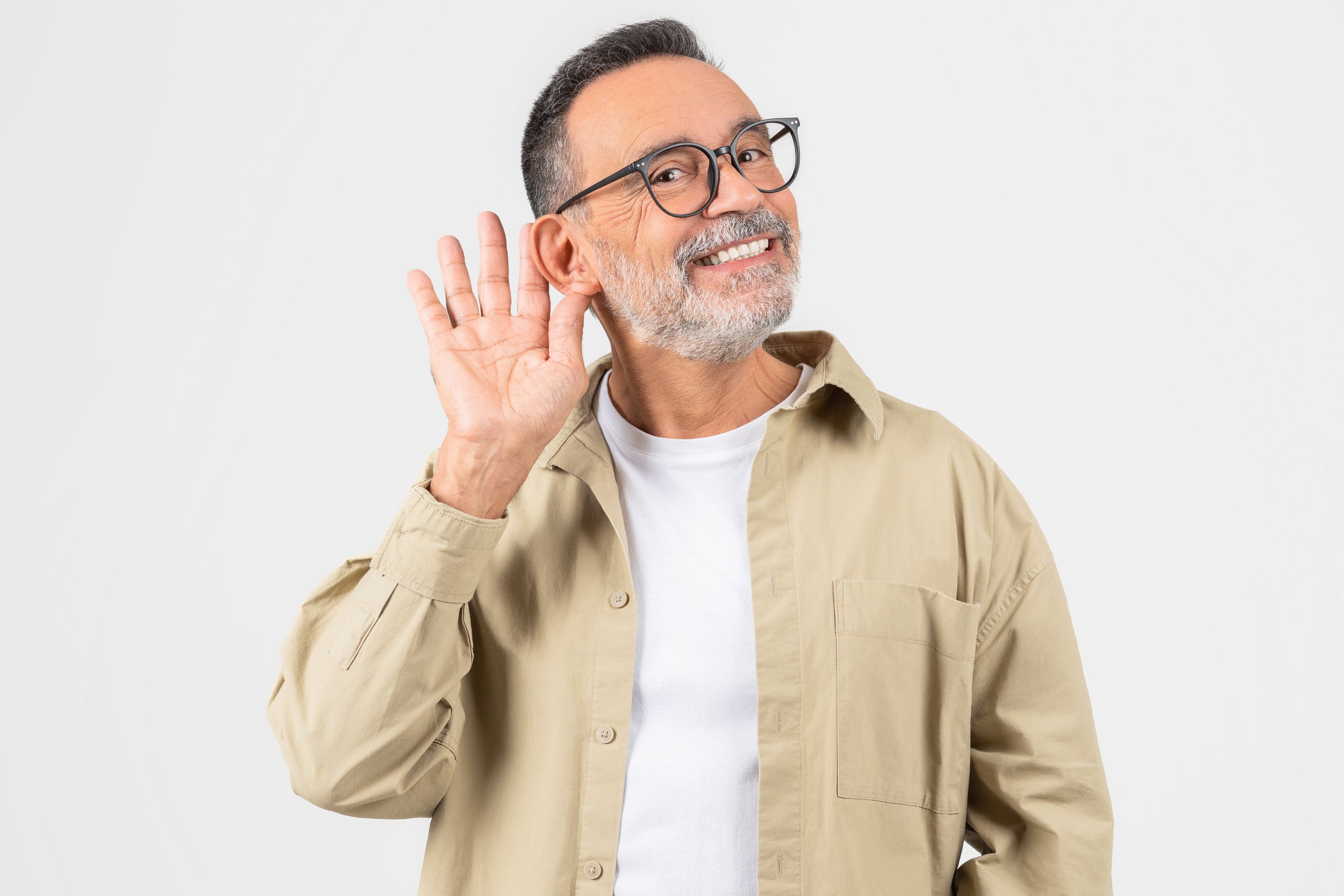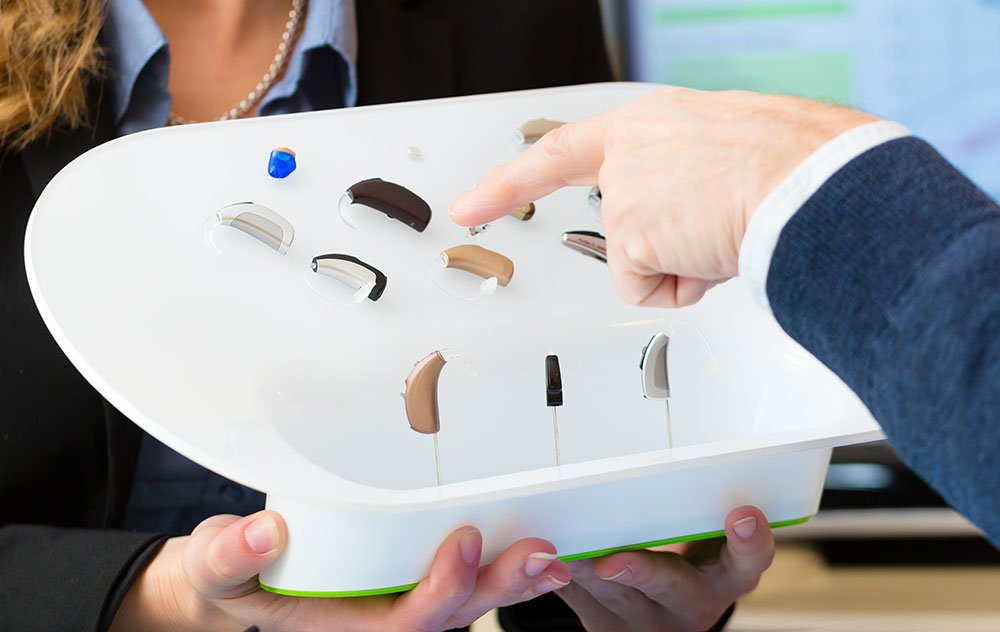Hearing Loss: A Common Problem for Older Adults

Hearing loss is far more common than you’d probably think. It’s usually gradual and you might not notice the changes right away. Hearing loss can also be frustrating and sometimes dangerous if you are not able to hear warnings. Luckily, there are a few things that you can do to try and help yourself.
What is hearing loss?
Hearing loss is essentially when you are not able to hear things as you should. Sometimes you may find that you need to turn up the volume on the TV more, or that you struggle more than most hearing someone in a large crowd. A lot of people who do experience hearing loss in their later years is because the tiny hair cells inside the ear have experienced too much wear and tear. You may also find that your hearing is affected by regular exposure to loud noise, or if you have a history of middle ear disease. Tinnitus or a family history of hearing loss can also affect you.
Being tested
If you have noticed that you might have problems with your hearing, then the first thing that you need to do is chat with your audiologist. You will then be given the chance to explain to them how your problems are affecting your day to day life. When you have done this, they will then carry out some procedures that will help them to check for any temporary or treatable ear problems. You may even be given a test as this will help you to see how you detect different levels of sound.
Could you benefit from a hearing aid?
Hearing aids usually work by making some sounds louder or clearer. They do not actually restore your hearing to normal and they won’t cure your hearing loss either, but they do make your life a lot easier. They pick up sound and amplify it, not to mention that they are also fitted with devices that can help you to distinguish between foreground noise and background noise.
Different types of hearing aid
If you do suspect that you are going to need a hearing aid then you should know that they differ in shape, price and size. Modern technology has meant that hearing aids are now much smaller, and they are also more discreet too. Some of them can even fit entirely inside the ear, but the small controls can be fiddly so if this is something that you might have trouble with then you might want to chat with your audiologist to see if they can help. Another thing that you need to know is that some hearing aids can come with additional features that will help you to improve your hearing. Some digital aids can clear up any unwanted background noise.
When you go to an audiologist, they will be able to find a model that suits you. You may also want to ask them to see if you can try your hearing aid for a few weeks so you can find out if it’s comfortable. When using a hearing aid for the very first time, every sound can feel loud. It could take you a little while to get used to this, but when you do, you will soon find that you feel better and that you are also able to hear much easier.
Assistive devices
Sometimes it’s possible for you to invest in an assisted device. This can amplify the sounds that you hear in your home and this can be ideal if you’re not quite sure if you need a hearing aid or not. Some examples include having a loop system connected to your television so that you can make it sound louder. A telephone amplifier can also be purchased, along with adjustments to doorbells and alarms.
Your audiologist
If you feel as though your level of hearing has been lowered over the last few years, then it’s important that you chat with your audiologist. When you do, you can then work with them to make sure that you are given a product that can help you with your needs and you can also count on them to get to the root of the problem, if it’s caused by a medical issue. This will give you peace of mind and it will also improve your quality of life from now on. Your audiologist will also be able to answer any questions that you have about your hearing or even the hearing aids that are available for you to choose from. To find out more, call Adirondack Audiology at 800-273-9536.
Read our latest blogs
A lot of people have no idea how to clean their ears. If you think that your ear is filled with wax or clogged up, you might think about reaching for something to get rid of the issue. This could be a small piece of tissue, a pen lid or anything pointy to shovel it out.
A lot of people have no idea how to clean their ears. If you think that your ear is filled with wax or clogged up, you might think about reaching for something to get rid of the issue. This could be a small piece of tissue, a pen lid or anything pointy to shovel it out.
A lot of people have no idea how to clean their ears. If you think that your ear is filled with wax or clogged up, you might think about reaching for something to get rid of the issue. This could be a small piece of tissue, a pen lid or anything pointy to shovel it out.
A lot of people have no idea how to clean their ears. If you think that your ear is filled with wax or clogged up, you might think about reaching for something to get rid of the issue. This could be a small piece of tissue, a pen lid or anything pointy to shovel it out.
A lot of people have no idea how to clean their ears. If you think that your ear is filled with wax or clogged up, you might think about reaching for something to get rid of the issue. This could be a small piece of tissue, a pen lid or anything pointy to shovel it out.
A lot of people have no idea how to clean their ears. If you think that your ear is filled with wax or clogged up, you might think about reaching for something to get rid of the issue. This could be a small piece of tissue, a pen lid or anything pointy to shovel it out.
In most situations, hearing loss is caused by damage to the nerves in your inner ear. If these nerves start to weaken, then it’ll negatively affect your ability to hear.
Like most technology, hearing aids have some problems and malfunctions every now and then. You might find that you need to send your hearing aids off for repairs. It could be something simple, or it might be a little more complicated.
When is a cell phone hearing aid compatible? Fortunately, senior cell phones that do not interfere with hearing aids are clearly marked as such. In the United States, hearing aid compatibility testing is mandatory.
When is a cell phone hearing aid compatible? Fortunately, senior cell phones that do not interfere with hearing aids are clearly marked as such. In the United States, hearing aid compatibility testing is mandatory.
When is a cell phone hearing aid compatible? Fortunately, senior cell phones that do not interfere with hearing aids are clearly marked as such. In the United States, hearing aid compatibility testing is mandatory.
When is a cell phone hearing aid compatible? Fortunately, senior cell phones that do not interfere with hearing aids are clearly marked as such. In the United States, hearing aid compatibility testing is mandatory.
When is a cell phone hearing aid compatible? Fortunately, senior cell phones that do not interfere with hearing aids are clearly marked as such. In the United States, hearing aid compatibility testing is mandatory.
If you’re going to see an audiologist for the first time, you may be wondering what to expect. You may be slightly nervous, or you might be excited about the prospect of finding out more about hearing aids. If you’ve got your first appointment coming up, here are four things you can expect.
Anyone that has encountered signs of tinnitus will know that the condition can be very irritating. Severe cases can even feel debilitating, forcing you to stay in bed due to problems with your balance and hearing.
A hearing test provides a measurement of the sensitivity of a person’s hearing across the full range of speech. The test will measure the quietest sound that can be heard several points across the speech range. This hearing test is termed an audiogram and will be performed by an audiologist.
If you believe you may be experiencing hearing loss, then attending a hearing aid evaluation can be the first step towards accessing treatment.
Hearing loss comes in different shapes and forms. For people who are experiencing hearing loss for the first time, it’s hard to tell whether they are dealing with severe or mild hearing loss without running a hearing test.
Millions of people in the United States wear hearing aids, and for many, it is a life-changing experience. However, for some, wearing a hearing aid can be difficult because the aid does not fit properly. If you are having trouble with your hearing aid, you may need to get a new one.
Your hearing aids will require cleaning like anything else you use regularly. Quality hearing aid cleaning will provide years of reliable and better hearing.
It’s a question that often comes up for people who are new to hearing aids – how long do they last? The answer, of course, depends on a number of factors, such as the make and model of hearing aid, how well they’re taken care of and how often they’re used.
Most people take their hearing for granted until they experience a hearing loss. Your hearing health depends on many things, such as the health of your ears, your ability to understand speech and how well you adapt to changes in your hearing.
Make hearing aid repairs simple with our essential guide. Learn how to avoid frequent issues and extend the life of your hearing aids with easy maintenance practices.
Get a detailed overview of the hearing aid fitting process, including what happens during your appointment and how to choose the right device for your needs.
Discover the 4 key steps of a successful hearing aid evaluation and what to expect during your hearing aid test to ensure the best hearing solution for you.
Hearing loss is a significant cause of social isolation, which can make you vulnerable to developing depression and even dementia. If you are experiencing hearing loss to any degree, you need to consider corrective devices such as hearing aids to improve your lifestyle and maintain your communication. Beware, however, that investing in hearing correction is a commitment not to take lightly.
When it comes to hearing protection, earplugs are one of the most popular options. Offering the ability to comprehensively block sound and preserve hearing health, along with easy portability, it is no surprise that earplugs enjoy such prominence. But to enjoy these benefits, it is important to find the right kind of earplugs for you.
Discover safe and effective ways to remove ear wax with manual techniques and irrigation methods. Learn how to care for your ears and prevent buildup.
People tend to clean their ears by themselves with items they can find at home. This may include little picks, it could include cotton swabs or it might even just be their finger.
So, you’re thinking about hearing aids in comparison to cochlear implants and want to get more information on both? Although your audiologist is the best person to consult with regards to this, we’re going to delve into this topic in today’s blog post.
















